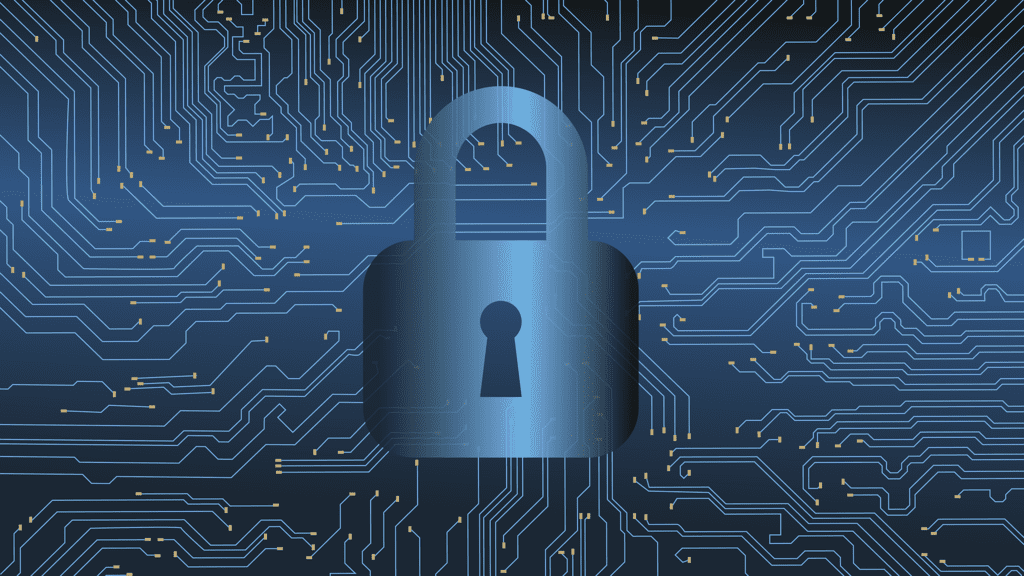A firewall is one of many types of protective software to keep your website safe from unwanted intruders.
Whether you want to showcase your skills or run a business, having a website is an excellent way of establishing an online presence for yourself. However, be aware that having any kind of public online identity puts you at risk of being the victim of cybercrime. Thankfully, since the scope of the internet is so large, so too are the methods by which you can protect your website and your own identity. Check out these five useful tips for helping your website stay protected against cyberattacks.
1. Secure Your Website
Cybercrime refers to any illegal activity that can attack your server and put your private information in the hands of hackers and other criminals. One of the first things you should do when putting your website in the public eye is to ensure your site uses Secure Sockets Layer protection, which encrypts your website and secures it from suspicious activity. You can check SSL certificate by looking at the URL and seeing if it starts with “https” as opposed to “http.” If the URL starts with “https,” then the site is already secure and can undergo transactions safely. If your site address starts with “http,” then you should install an SSL certificate to protect the website.
2. Use Stronger Passwords

The password you use for your website is crucial for keeping your site’s login credentials from being accessed by the wrong users, which is why you should try to create as strong of a password as you can. Strong passwords are at least ten characters long and contain alternating lowercase and capital letters, numbers and special characters. For your passwords, do not use a common word or a word that could be easily associated with you. Your website’s password should also be separate from all of the other passwords you use. If you need to store any of your passwords to help you remember them, do not put them in a file on your computer, as files could be hacked and accessed by intruders. Instead, write your passwords down on a physical piece of paper and keep this paper in a secure location that only you know about. Change your password every few months, as keeping the same password indefinitely increases the risk of it being discovered.
3. Keep Your Website Updated
By keeping your website up to date, you can ensure your site always has the latest protection. Hackers can always improve the efficiency of their tools, which is why keeping all of your website’s protection updated can prevent them from breaking through older security measures. Install updates for your server as soon as they become available.
4. Use a Firewall and Other Security Software
A firewall is one of many types of protective software to keep your website safe from unwanted intruders. Firewalls act as a security gate that makes your server accessible only to trusted parties. A virtual private network is another useful security measure. A VPN makes your server activity invisible to outside influences, making your online activity difficult for other parties to detect. Any type of online security you use can protect your website from becoming a victim to criminal activity, and the more software you layer on top of one another, the stronger the protection.
5. Limit Access to Your Website
Keeping your website’s login credentials restricted to as few people as possible can prevent your website from being accessed by unauthorized parties. Limit passwords to only yourself and a minimal number of trusted parties to keep the information from leaking and falling victim to hacks outside of your own control. Also, backup your files as often as possible on a secure and separate hard drive. The ability to restore anything you might lose is crucial in case of emergencies.
Starting your own website is an exciting and effective way of expanding your online reach. By taking the proper steps to keep your site secure, you can ensure a safe online experience.


Join the conversation!